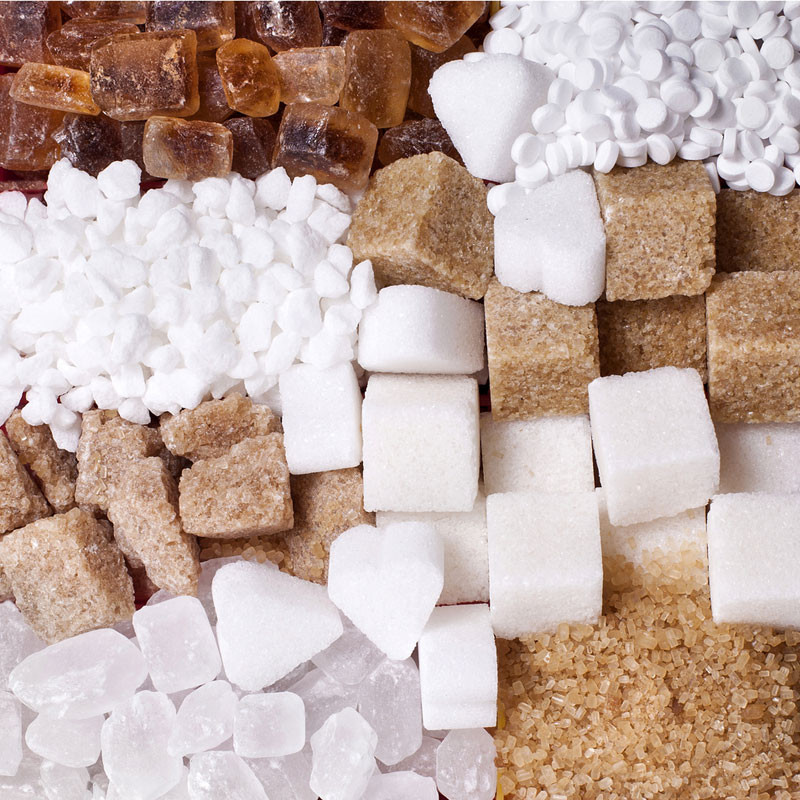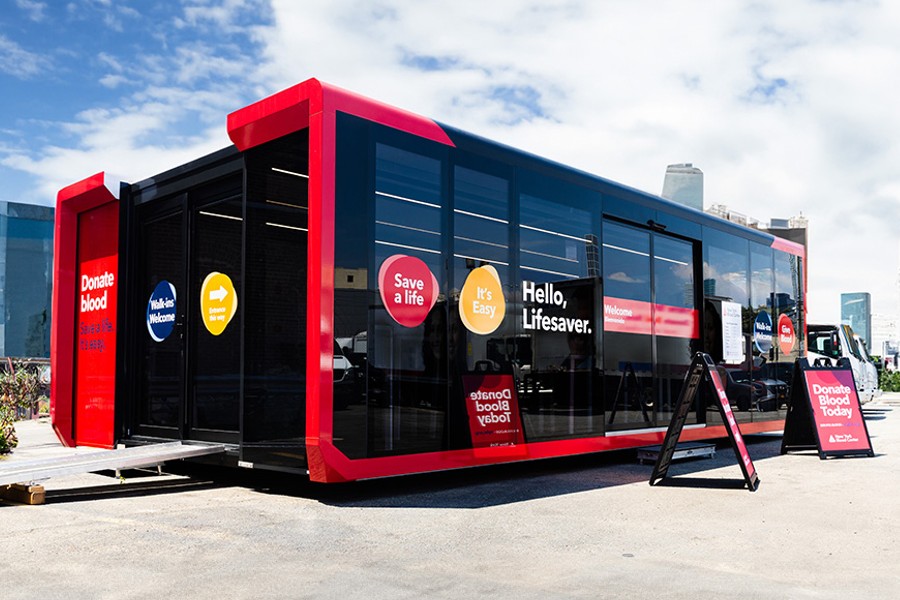 The American Academy of Pediatrics (AAP), along with a coalition of other medical groups, have submitted new recommended guidelines focused on young children’s consumption of sugary drinks from Harlem to Hollywood.
The American Academy of Pediatrics (AAP), along with a coalition of other medical groups, have submitted new recommended guidelines focused on young children’s consumption of sugary drinks from Harlem to Hollywood.
The groups are calling on lawmakers to find ways to reduce the amount of exposure children have to sugary beverages. Within its list of suggestions, the groups are proposing that regulators increase the price of certain drinks by imposing an excise tax. While costs would likely be passed on to consumers, the groups say that the problem of overconsuming sugary drinks is a public health issue.
“Excess consumption of added sugars, especially from sugary drinks, contributes to the high prevalence of childhood and adolescent obesity, especially among children and adolescents who are socioeconomically vulnerable,”
“Excess consumption of added sugars, especially from sugary drinks, contributes to the high prevalence of childhood and adolescent obesity, especially among children and adolescents who are socioeconomically vulnerable,” the authors said.
“To protect child and adolescent health, broad implementation of policy strategies to reduce sugary drink consumption in children and adolescents is urgently needed.”
Added Sugars
The groups cite research which shows that children and adolescents consume 17 percent of their calories from added sugars, with sugary drinks representing the number one source. Those numbers fall well above recommended guidelines and have virtually no health benefit.
Sugary drinks “provide little to no nutritional value, are high in energy density, and do little to increase feelings of satiety,” the groups charge.
Sugary drinks “provide little to no nutritional value, are high in energy density, and do little to increase feelings of satiety,” the groups charge.
Within the scope of sugary drinks, the authors take aim at several sugar-sweetened beverages, such as regular soda, fruit drinks, sports and energy drinks, and sweetened coffees and teas.
Within the scope of sugary drinks, the authors take aim at several sugar-sweetened beverages, such as regular soda, fruit drinks, sports and energy drinks, and sweetened coffees and teas.
Sugary drink taxes
The groups provide several recommendations for reducing the overall consumption of sugary drinks by children and teens. However, perhaps one of the most divisive may be the implementation of an excise tax that increases the prices of these products.
An excise tax would predominantly target distributors and manufacturers of these drinks, but the authors admit that these costs would likely be passed onto consumers.
Following passage of a soda tax in Philadelphia, consumers and beverage industry interests filed a lawsuit saying that consumers were being unfairly burdened by the new law. However, the authors of the current report state that steps can be taken to mitigate these problems.
While studies have shown that a tax on sugary drinks can lower overall consumption, regulators and consumer advocates have decried these taxes in the past. Following passage of a soda tax in Philadelphia, consumers and beverage industry interests filed a lawsuit saying that consumers were being unfairly burdened by the new law. However, the authors of the current report state that steps can be taken to mitigate these problems reports Consumer Affairs.
“Such taxes should be accompanied by education of all stakeholders on the rationale and benefits of the tax before implementation. Tax revenues should be allocated, at least in part, to reducing health and socioeconomic disparities,” they said.
Become a Harlem Insider!
By submitting this form, you are consenting to receive marketing emails from: Harlem World Magazine, 2521 1/2 west 42nd street, Los Angeles, CA, 90008, https://www.harlemworldmagazine.com. You can revoke your consent to receive emails at any time by using the SafeUnsubscribe® link, found at the bottom of every email. Emails are serviced by Constant Contact








